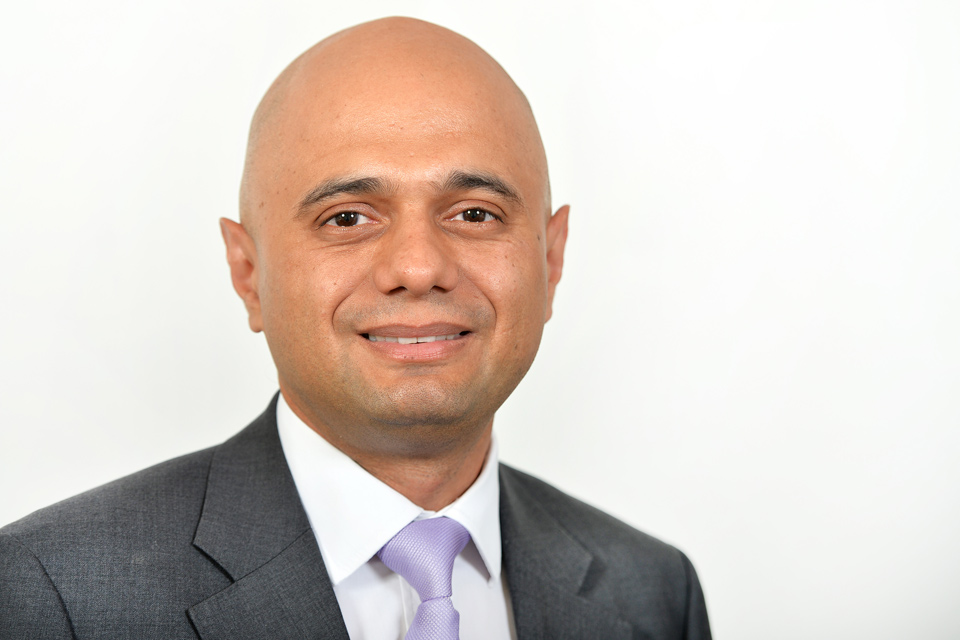Speech to UK Israel business annual dinner
The Business Secretary talks about the importance of trade ties between the United Kingdom and Israel and the danger of boycotts.

Good evening, and shalom aleichem.
It’s a great pleasure to be with you tonight to celebrate the ties between our countries, and the very best of UK and Israel business.
Golda Meir said that Israelis only have one complaint about Moses.
That he led the Jews through the desert for 40 years – then finally stopped at the one place in the Middle East that doesn’t have any oil!
But I guess necessity is the mother of invention. Because over the past 67 years, Israel really has made business bloom in the barren desert.
It’s one of the many reasons I have long admired the country. I’ve travelled there extensively, both for business and with family. And over the years I’ve taken a great interest in its affairs. Because the values that have made Israel such a success are values that matter a great deal to me.
I share Israel’s love for freedom and democracy. I admire its tenacious determination when the odds are stacked against it.
And, like millions of Israelis, I have a mother who’s still waiting for me to get a proper job!
So we have a lot in common. And that’s why I’m heartened at the growth of British and Israeli trade links.
Business has always been a part of my life, not just the 20 years I spent in international banking, but the heart and soul of my childhood, growing up in a small flat above the family shop.
And throughout that time I’ve seen how business can do a great many things.
It doesn’t just provide jobs and local growth. It lifts individuals, communities and even countries up to be the best they can be.
That’s why tonight we should celebrate the ever-closer business links between Britain and Israel.
The total value of trade and services between our 2 countries is now well over £4.5 billion a year.
Last year alone, 25 Israeli companies set up or expanded their operations in the UK. Israeli-owned CinemaCity amalgamated with the UK’s own Cineworld. The Helios Energy Fund committed £30 million to set up 30 biomass installations in the UK. The Noy Fund announced plans to invest £50 million in UK waste-to-energy projects.
There are now over 300 Israeli companies with a physical presence here, responsible for thousands of jobs.
But this is not a one way street. Great British businesses like Hongkong and Shanghai Banking Corporation (HSBC), GlaxoSmithKline (GSK), Barclays, Rolls Royce and others have invested more than £1 billion in Israel. Our exports to Israel are increasing rapidly – and the UK is Israel’s second biggest export market.
In addition, we’ve seen a significant increase in the number of Israeli companies showing interest in raising capital on the London Stock Exchange (LSE). Nine Israeli companies carried out IPOs on the LSE last year – second only to the UK itself.
So the past few years have been a golden era for Anglo-Israeli business. But what really excites me are the possibilities offered by the years to come.
Collaboration on science and technology is the cornerstone of our shared relationship. As we all know, only Silicon Valley can rival Israel when it comes to developing leading-edge technologies.
We look towards Israel to benefit from its world-leading expertise in cyber security. And equally, we want to support Israel as it exploits recent discoveries of natural gas in its waters – through strategic partnerships, project finance and supply chains.
And we must continue to work together on achieving medical breakthroughs – whether through, the Britain-Israel Research and Academic Exchange Partnership (BIRAX), or as GSK and Technion are doing, or the National Health Service (NHS) and Teva Pharmaceuticals, through a £12.5 million joint-research agreement.
The UK-Israel Tech Hub in the British Embassy in Tel Aviv has also fostered promising collaborations in agriculture, water technologies and in finance, with 14 Israeli start-ups coming to London this March to meet major City players. And initiatives like the Israel Investor Summit are helping to bring together businesses in both our countries.
It’s a great relationship, and not one we should ever take for granted.
But sometimes we do. You may have heard that Britain’s National Union of Students recently passed a motion committing itself to a complete boycott of Israel. Last year the same body rejected a motion calling for a boycott of Islamic State of Iraq and the Levant (ISIL), which I think speaks volumes.
Last December, as Culture Secretary, I made a speech to Britain’s Union of Jewish Students. And I told them that I had no time for the boycott campaign. Because for me, freedom is an absolute concept.
At the time I spoke of artistic freedom. Today I talk of the freedom to trade, the freedom to go about your business in peace. Today I talk of the idea that underpins my entire political philosophy, that of free enterprise. It simply doesn’t make sense to say “I believe in the free market, but…”
Let me be very clear – I don’t believe in boycotts. Nor, I’m proud to say, does my party, my Prime Minister. Or, for the most part, my country.
On the contrary, my department – including United Kingdom Trade and Investment (UKTI) – will be working hard to boost Anglo-Israeli trade and investment. And, as Business Secretary, I’ll do anything I can to support and promote it.
So my message to you is clear. Where there are business opportunities, we should actively explore them – just as the winners of tonight’s awards have done to such great effect. And let me, if I may, single out Sir Harry Solomon for his award this evening: congratulations.
We look forward to working with our Israeli partners in the future.
Thank you, and todah rabah.